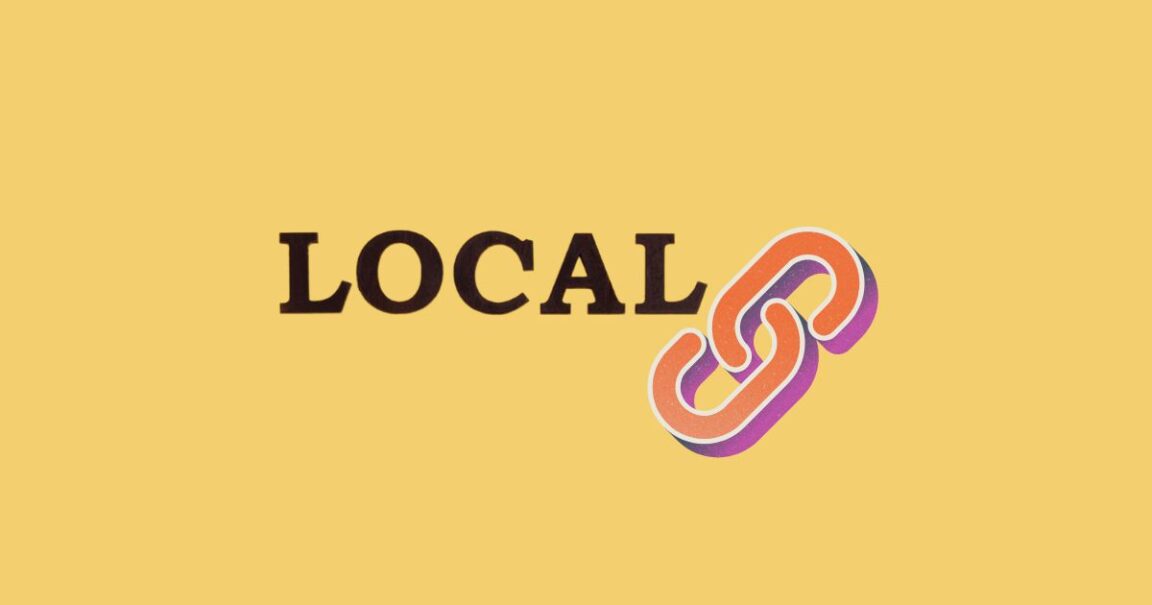Ever searched for backlink opportunities for a local business and found the suggestions from backlink tools… underwhelming? If you’ve been frustrated by generic results that fail to include niche, high-quality local directories, you’re not alone.
While tools like Ahrefs, SEMrush, or Moz are invaluable for broader SEO efforts, they tend to fall short when it comes to providing actionable recommendations for local SEO and local business directories.
But why does this happen? And more importantly, what can you do about it?
Let’s break it down and provide actionable insights that will actually help your local business shine in local search results.
Table of Contents
Why Backlink Suggestion Tools Struggle with Local Business Directories
1. Algorithms Favor Generic Suggestions
Backlink suggestion tools rely on algorithms designed for scalability, not specificity. Their priority is to identify high-authority websites based on general metrics like domain rating (DR), authority score, or traffic.
Local directories, while important for local SEO, often have low DR or cater to specific niches, making them easy to overlook in these algorithms.
2. Lack of Contextual Understanding
These tools aren’t designed to consider geographical or industry-specific relevance.
For example, a local directory in Miami for wedding planners might be extremely valuable, but tools often lack the ability to filter for such hyper-relevant opportunities.
3. Database Limitations
Most backlink tools rely on crawled databases. While these databases are robust for national and international websites, they often miss smaller, hyper-local directories. These directories don’t generate enough traffic or backlinks themselves to make it into the tools’ radar.
4. Focus on Scale, Not Specificity
Backlink tools are optimized for global use cases, where scalability trumps specificity. Suggesting local directories for every user would require extensive database customization and maintenance, which may not align with their core business model.
5. Paid Directories Are Often Missed
Many premium local directories, such as Chamber of Commerce websites or niche industry platforms, require payment for inclusion. Backlink suggestion tools often avoid suggesting paid links due to ethical SEO concerns or their inability to verify the cost-effectiveness of such links.
Also see: Who Are the Best SEO Experts in the World?
Why Local Business Directories Are Crucial for Local SEO
1. Improved Local Rankings
Google’s local search algorithm places a heavy emphasis on NAP consistency (Name, Address, Phone number) and backlinks from geographically relevant sources. Local directories provide exactly that.
2. Increased Trust and Credibility
Appearing in reputable local directories signals to Google and users that your business is legitimate and well-established in the area.
3. Direct Referral Traffic
While global backlink opportunities focus on boosting rankings, local directories often send qualified traffic directly to your website from potential customers in your area.
4. Citations as Ranking Factors
Even when a directory doesn’t provide a “follow” link, its citation value can enhance your local visibility, as Google factors this into local search rankings.
How to Work Around the Limitations of Backlink Tools
1. Manual Research for Local Directories
Instead of relying solely on tools, search for local directories manually.
Use queries like:
- “Best business directories in [City/State]”
- “[Industry] directories in [Location]”
- “[City/State] business listings”
2. Leverage Local SEO Tools
Use specialized tools like BrightLocal or Whitespark, which are designed specifically for local SEO. These tools excel at identifying local business directories and citation opportunities.
3. Ask Your Competitors
Check where your local competitors are listed. You can use backlink analysis tools like Ahrefs to scan their profiles and manually identify local directory listings.
4. Join Local Organizations
Membership-based local organizations, such as Chambers of Commerce or industry associations, often include directory listings as part of their membership benefits. These are often overlooked by general backlink tools.
5. Optimize Google My Business (GMB)
While not a “directory” in the traditional sense, your GMB profile acts as one of the most critical citations for local SEO. Ensure it’s fully optimized and aligned with the information on other directories.
Examples of Effective Local Directories
- General Local Directories:
- Niche-Specific Directories:
- Location-Specific Directories:
- Your state’s Chamber of Commerce
- City business listing websites
- Regional Better Business Bureau (BBB) listings
- Community-Based Listings:
- Local event platforms
- City guides
- Industry-specific meetups and forums
Actionable Tips for Local SEO Success
- Claim and Optimize Listings:
Ensure your business information (NAP) is consistent across all directories. Even minor discrepancies can hurt your local rankings. - Focus on Niche Relevance:
It’s better to appear in five industry-specific directories than 50 general ones with no connection to your business. - Prioritize Quality Over Quantity:
Always choose directories with good reputations, even if they charge a fee, rather than free directories with poor authority or spammy reputations. - Combine Citations with Reviews:
Many directories allow users to leave reviews. Encourage happy customers to review your business on these platforms, as it can significantly enhance your visibility. - Keep Listings Up-to-Date:
Review your directory listings regularly to ensure your contact information, website URL, and other details are accurate.
Conclusion
Backlink suggestion tools are undeniably powerful for general SEO, but when it comes to local business directories, they often fall short. This is due to a lack of geographical specificity, algorithmic limitations, and a focus on global scalability. However, that doesn’t mean you can’t dominate local SEO.
By combining manual research, niche tools like BrightLocal, and proactive membership in local organizations, you can build a robust backlink profile tailored to your area.
FAQs
-
Why don’t backlink tools suggest local directories?
Backlink tools prioritize high-authority, scalable recommendations, often overlooking local directories with lower DR or niche relevance.
-
What are the best tools for local SEO?
BrightLocal and Whitespark are excellent tools for finding local directories and optimizing citations.
-
Do backlinks from local directories really help?
Yes, local backlinks improve your relevance in Google’s local search algorithm, directly impacting your local rankings.
-
How can I find local business directories?
Start with manual searches, check competitors’ backlinks, and explore local SEO tools like BrightLocal.
-
What’s the difference between citations and backlinks?
Citations mention your business details (NAP), while backlinks provide a hyperlink to your website. Both are crucial for local SEO.
-
Should I pay for directory listings?
It depends. Paid directories like BBB or industry-specific platforms often provide higher value, but ensure they align with your business goals.
-
How often should I update my local directory listings?
Review and update your listings at least quarterly or whenever there’s a significant change in your business details.
-
Do local directories boost overall SEO?
While local directories primarily benefit local SEO, they can also contribute to your overall domain authority and visibility.



GIPHY App Key not set. Please check settings